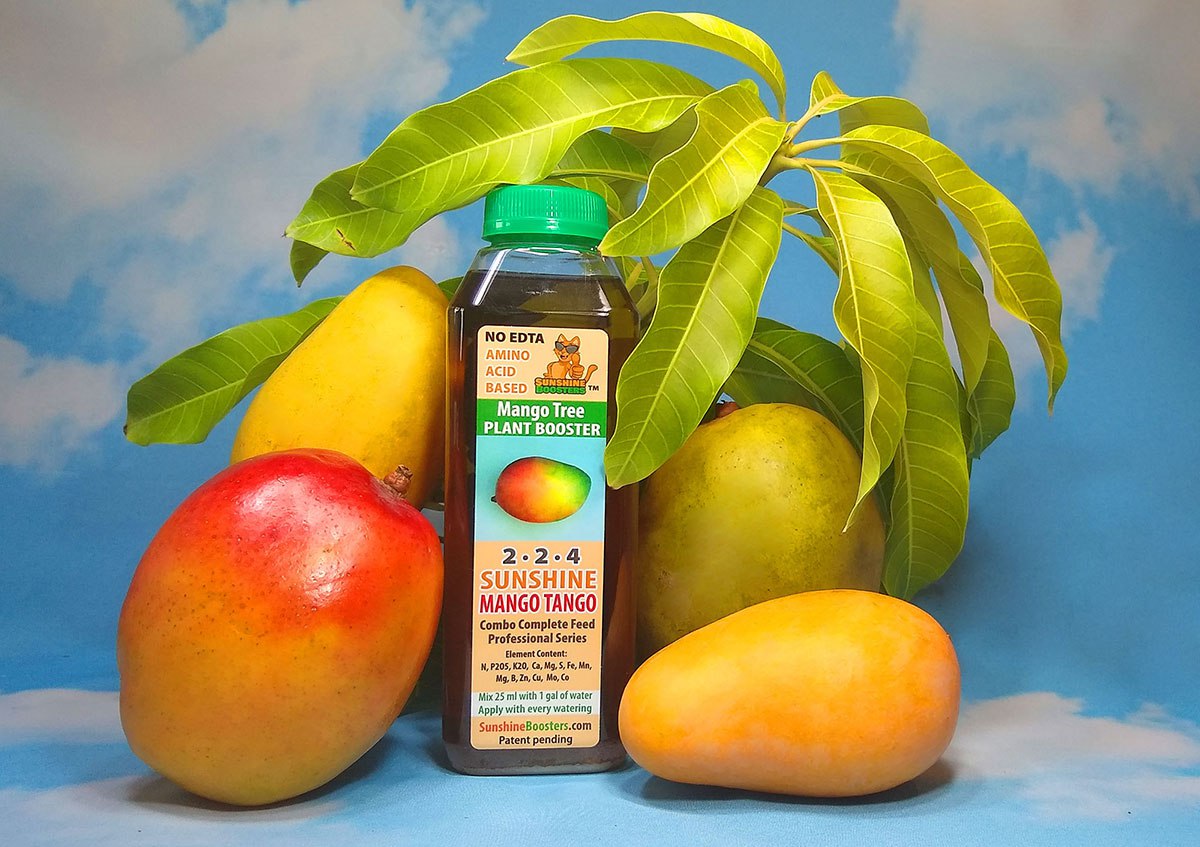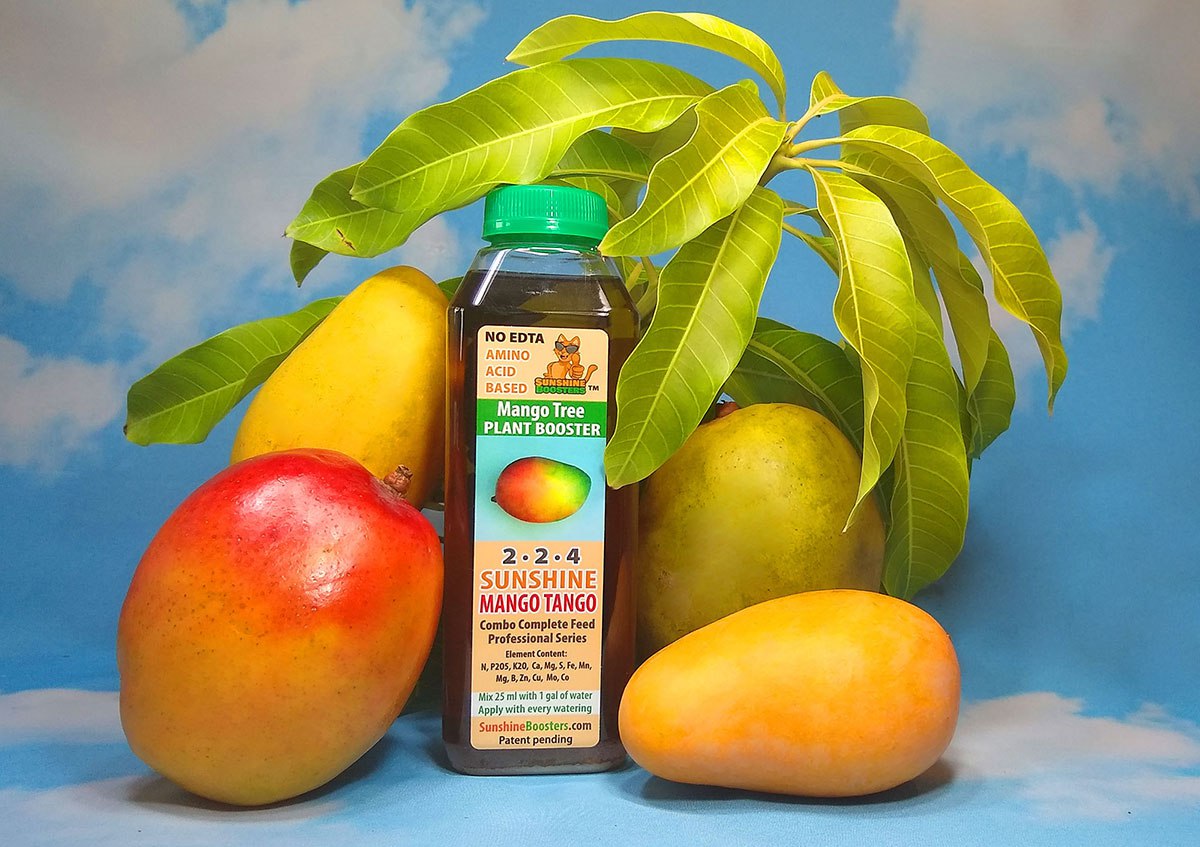😺🍹🏝 Just hanging out in Tropical Paradise...
How is your Garden doing? Get some Tropicals from TopTropicals! 🌺
📸 😺 👇 Share your cats in comments!
#PeopleCats
TopTropicals.com
We Grow Happiness
How is your Garden doing? Get some Tropicals from TopTropicals! 🌺
📸 😺 👇 Share your cats in comments!
#PeopleCats
TopTropicals.com
We Grow Happiness

